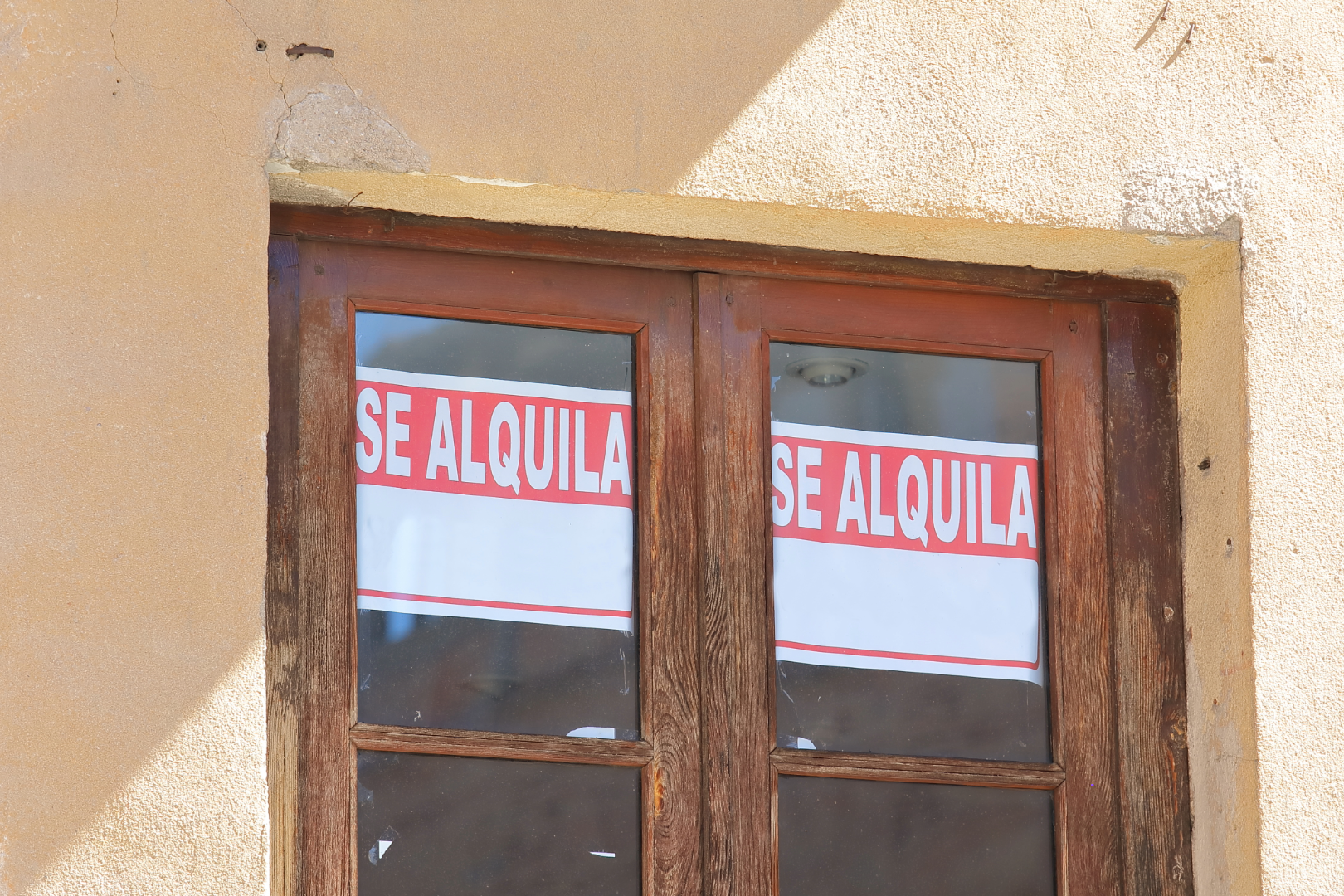Rising legal pressure puts Spain’s rental professionals under scrutiny
In recent years, Spain's property rental sector has undergone a quiet but profound transformation. Behind every tenancy agreement — whether for a city apartment, a seasonal rental or a coastal tourist property — a growing web of regulation is reshaping what it means to operate legally, ethically and professionally.
This shift is not limited to landlords. Real estate agents, property managers, short-term rental operators and relocation consultants are increasingly expected to offer accurate legal guidance, ensure compliance, and anticipate regulatory risk.

A turning point in Spanish rental law
At the centre of this change is Law 12/2023 on the Right to Housing, which introduced significant reforms in areas such as rent regulation, tenant protection and contract transparency. These include:
- Rent increase limitations in tensioned residential zones
- Requirements to disclose past rent levels in new contracts
- Legal restrictions on additional guarantees and agency fees
- Reinforced protections for tenants in vulnerable situations
These national changes operate alongside regional legislation, particularly in the short-term letting sector. In many regions, offering a tourist rental now requires formal registration, municipal licensing, and adherence to building and zoning criteria. Some local governments also impose restrictions on marketing and advertising practices.
Shifting responsibilities in the sector
As the legal landscape evolves, professionals across the sector face increasing scrutiny. Property agents and managers are no longer seen simply as intermediaries, but as responsible parties in ensuring that rental practices comply with current law.
Misclassifying a seasonal let as a non-residential contract, failing to update rent correctly, or omitting required disclosures in a tourist rental can result in severe legal consequences — not only for the landlord, but also for the professional involved. This is especially relevant for those advising foreign clients who may rely entirely on the agent’s interpretation of local rules.
Compliance is no longer optional
Spanish tenancy law now places emphasis on mandatory protections for tenants, particularly in the context of habitual residence. These include:
- Minimum contract durations
- Strict limits on rent increases and security deposits
- Requirements for written agreements with specific terms
- Conditions for early termination and contract renewal
- Preferential rights in case of sale (derechos de tanteo y retracto)
Short-term and tourist rentals are likewise subject to sector-specific rules under both national and regional law, including definitions of purpose, registration procedures, and consumer protection obligations.
Given this complexity, relying on outdated templates, verbal agreements or informal practices is increasingly risky — particularly in areas under close administrative oversight.
Meeting the knowledge gap
Despite the scale of recent reforms, formal legal training tailored to real estate professionals — especially those working internationally — remains limited. Many agents and property managers are left navigating legal obligations without structured support.
This is precisely why we at FEI Business School have developed Rent-Ability: Mastering Rentals in Spanish Real Estate — a professional training course designed to equip property professionals with the legal knowledge they need to work confidently and compliantly within the Spanish rental system.
The course focuses entirely on rental-specific legal frameworks and taxes, including residential, non-residential and tourist lettings, and is taught in British English. It combines deep legal understanding with real-world examples and tools for practical application, tailored for those who work with landlords, tenants, or investors in the Spanish market.
Professionalism through legal fluency
Whether in residential lettings, commercial leases or short-term tourist accommodation, property professionals in Spain are now operating in a regulated space — one where legal fluency is becoming an expectation.
Understanding the law is no longer a matter of best practice. It is a professional standard — and a strategic advantage in an increasingly competitive market.
Learn more about the Rent-Ability course
Rent-Ability: Mastering Rentals in Spanish Real Estate is open for enrolment now via FEI Business School. The course is ideal for real estate professionals, letting agents, advisors and managers seeking to operate with legal confidence in Spain’s evolving rental market.